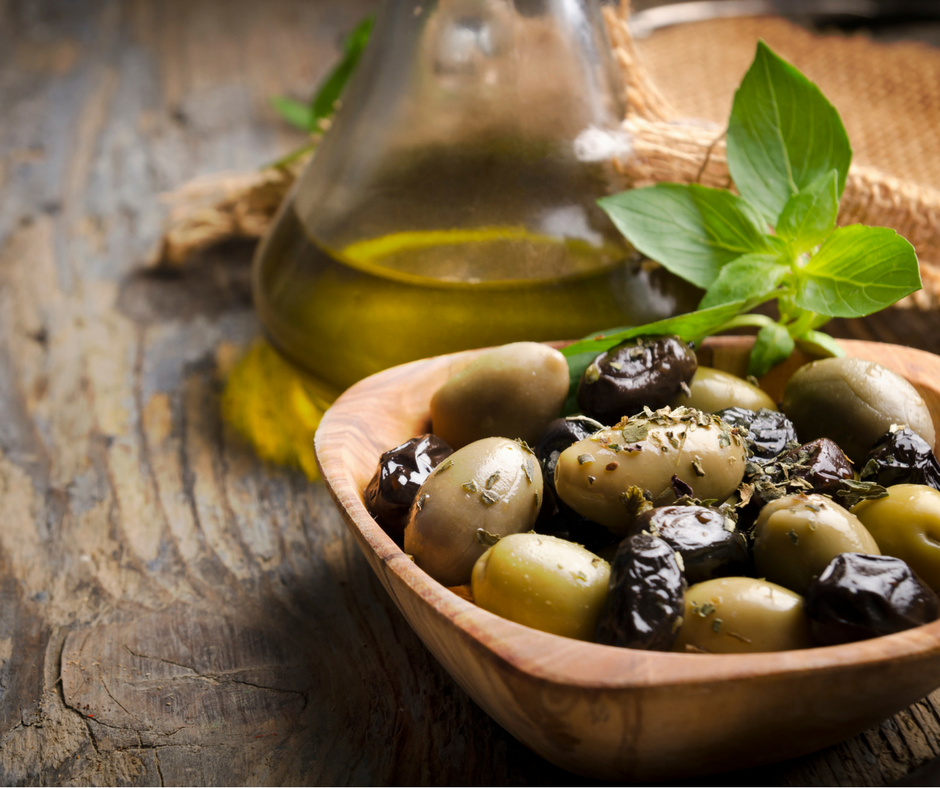
For those who are looking to conceive, it’s important to consider dietary fat intake. Fat is a fertility food that often goes neglected. Knowing the role of fats in fertility and how to select healthy fats are key to those considering pregnancy.
Why Our Bodies Need Fat
There is a lot of fear in our society surrounding fats. But the fact is that we need fats to survive – especially fat that is rich in omega-3. Fats are involved in the make up of cells, manage the inflammatory process, and are raw materials to building happy and healthy hormones. They also support appetite and hormone regulation, by stimulating hormones that stimulate fullness – hence why you feel more satiated after a breakfast of bacon and eggs versus a bowl of cereal.
Fats are also necessary for the absorption of fat-soluble vitamins (vitamin A, D, E, K). Vitamin A, for one, is important for thyroid and liver health. As a group, these vitamins play a critical role in fertility and fetal development.
Cholesterol is often categorized as a fat, but it is actually a waxy steroid. We need to talk about it here because, just like fat, it has significance in fertility but is often found demonized in outdated nutrition recommendations. Cholesterol is a precursor to all our hormones in the body, including our fertility hormones. It is also involved in the stabilization of our cell membranes. Without it, our cells would be weak and floppy, which translates to poor transport of nutrients across the cell and an inability to release toxins. It also acts as an antioxidant and plays a role in fighting infection. Additionally, it is involved in brain function and in the production of vitamin D, bile (necessary for fat digestion), and serotonin. Cholesterol has recently been redeemed, when the 2015 Dietary Guidelines removed the outdated restriction on cholesterol. 1
Fat has been considered a fertility food in many cultures. Native American women struggling with infertility would go on a diet rich in bear fat, which was supportive of successful conception.2 Current research further supports this role of fat in fertility. Data from the Nurses Health Study revealed that women who ate two or more servings of low-fat or non-fat dairy per day had 85% higher risk of infertility than those that ate full-fat dairy products. 3
Shopping for Fats
When food manufacturers reduce fat in their products, they often replace it with sugar, affecting blood sugar and insulin levels. Preconception is not a time to be eating low-fat foods. Instead, I often suggest to my clients to aim for 1-2 tablespoons of fat with each meal. Of course, it’s important to be selective on the types of fat that you consume because not all fats are created equal.
For instance, trans fats and processed vegetable oils are high in omega-6 fatty acids, which impairs cellular messaging and immunity. Studies have also linked trans fats with a negative impact on ovulation and as a trigger of inflammation.4
Healthy Fat Options

· Grass-fed beef: Great source of omega-3 and CLA, which contains cancer-fighting properties.
· Grass-fed butter: Butter was once prized for its health benefits, and rightly so! Along with the same omega-3 and CLA benefits as grass-fed beef, it also contains an easily absorbable form of vitamin A and K2.
· Olive oil: Choose “extra-virgin” in a dark-tinted glass bottle.
· Coconut oil: Look for “organic” and “unrefined”, should be solid at temperatures under 75.
· Eggs: Don’t toss those egg yolks – that’s where all the valuable nutrients and healthy fats are located. They’re also a great source of choline. {Read more about choline here.}
· Pastured animal fats: “Pastured” and “organic” are important here.
· Dairy: Choose full-fat options.
· Avocado and avocado oil
· Nuts, seeds, nut butters
One last thing – while it’s important to consume plenty of fat in your diet, you are only “what you eat, digest, absorb, and assimilate.” Which means, if you’re not digesting and absorbing your fats properly, they’re really not benefiting you much. Signs that you may not be digesting your fats include gas or belching after meals, dry skin, gallbladder pain, nausea, gallstones, or gassy, smelly, floating stools. In this case, it’s best to work with someone who can guide you to supporting fat digestion. For more information about working together, click here.
1. Whoriskey, P. (2016, January 07). What the government now says you should and shouldn’t eat. Retrieved January 01, 2018, from https://www.washingtonpost.com/news/wonk/wp/2016/01/07/government-revises-dietary-guidelines-for-americans-go-ahead-and-have-some-eggs/?utm_term=.7c61496e9c4c
2. 3. Sally Fallon and Mary G. Enig, PhD. (2000, January 01). Guts and Grease: The Diet of Native Americans. Retrieved January 01, 2018, from https://www.westonaprice.org/health-topics/traditional-diets/guts-and-grease-the-diet-of-native-americans/
3. Chavarro, J. Trans Fats May Increase Infertility. American Journal of Clinical Nutrition, January 2007; vol 85: pp 231-237.
4. E. Chavarro, J.W. Rich-Edwards, B. Rosner, W.C. Willett; A prospective study of dairy foods intake and anovulatory infertility, Human Reproduction, Volume 22, Issue 5, 1 May 2007, Pages 1340–1347.